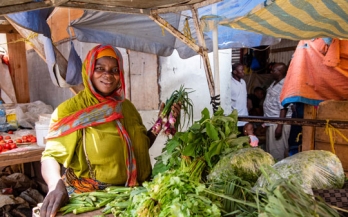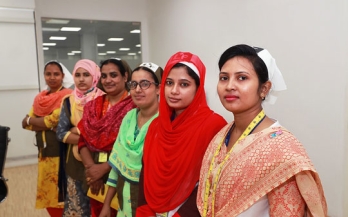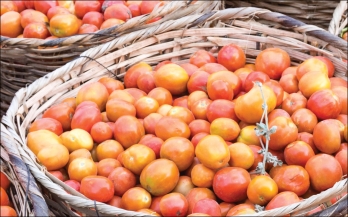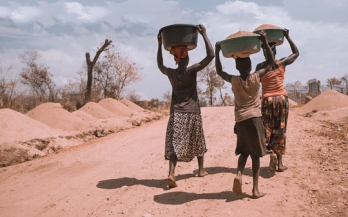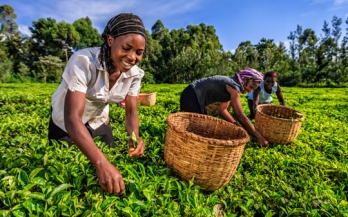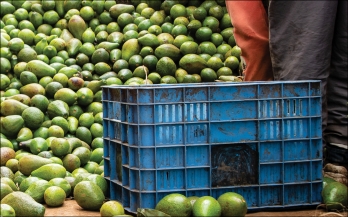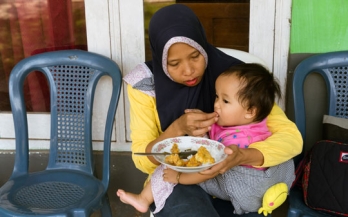The Commercialisation for Biofortified Crops (CBC) project was launched by GAIN and HarvestPlus in 2020 with an overall goal to reach at least 167 million consumers with nutrient-dense biofortified foods (previously piloted by HarvestPlus) by 2022 in six countries in Africa (Nigeria, Kenya, and Tanzania) and Asia (India, Bangladesh, and Pakistan), through commercial pathways.
Malnutrition is a major public health problem, for which global development assistance current falls far short of needs. As such, it is important to consider non-traditional sources and mechanisms to increase the funding available to support nutrition, particularly in low- and middle-income countries where the burden is highest.
In 2019, in an effort to improve the efficiency and sustainability of its programming, GAIN’s Workforce Nutrition Programme (WFN) shifted away from the traditional project development and evaluation cycle towards a nimbler "Quality Improvement" (QI) approach.
This paper, published in Advances in Nutrition & Food Science, explores the moisture adsorption behavior of dried tomato slices purchased from a food market in Abeokuta, Ogun State, Nigeria.
The burden of malnutrition in Mozambique is marked by high rates of child stunting (38%) and micronutrient deficiencies among women of reproductive age as well as an increasing prevalence of overweight among adult men and women (18% and 34% respectively). There is a continued need to engage all actors and options to address the malnutrition burden the world faces.
Uganda is a low-income country in which 41% of the population lives below the poverty line, and where about 82% of the population cannot afford a healthy diet. There is a continued need to engage all actors and options to address the malnutrition burden the world faces.
Workforce nutrition is an opportunity to deliver proven benefits for employers, workers, and communities. A definition and framework for workforce nutrition can be found here.
In Nigeria, packaging of fresh fruits and vegetables especially tomatoes is mostly done using traditional woven baskets from palm fronds. This study assessed the potential impact of replacing these woven baskets with plastic crates.
Micronutrient deficiencies (also known as hidden hunger) are a significant public health problem globally. Pre-pandemic estimates found 1 in 2 children and 2 in 3 women suffering from a micronutrient deficiency. Levels of deficiency are likely to be even higher today given the protracted global food crisis arising from the COVID pandemic and Russia’s invasion of Ukraine.
This paper discusses the critical importance of expanding 'food systems infrastructure' as a necessary pre-condition for improving access to healthy and sustainable diets in low- and middle-income countries. It proposes a tractable definition of food systems infrastructure, highlights deficits that have yet to be addressed, and lays out a generic way forward to accelerate infrastructure accumulation.


